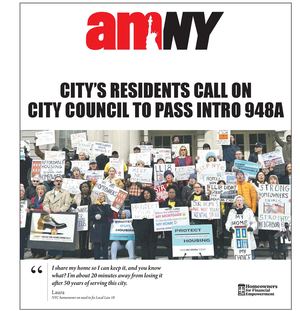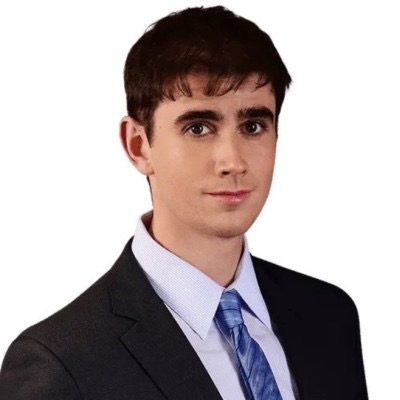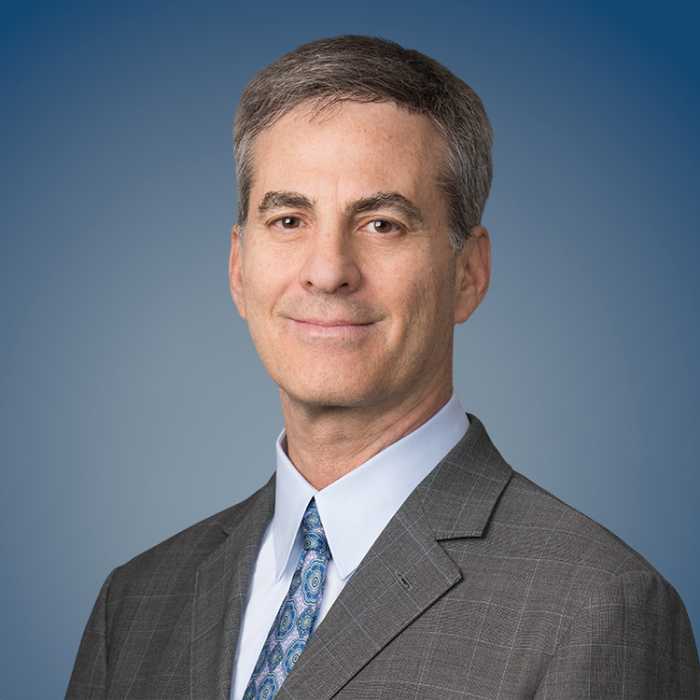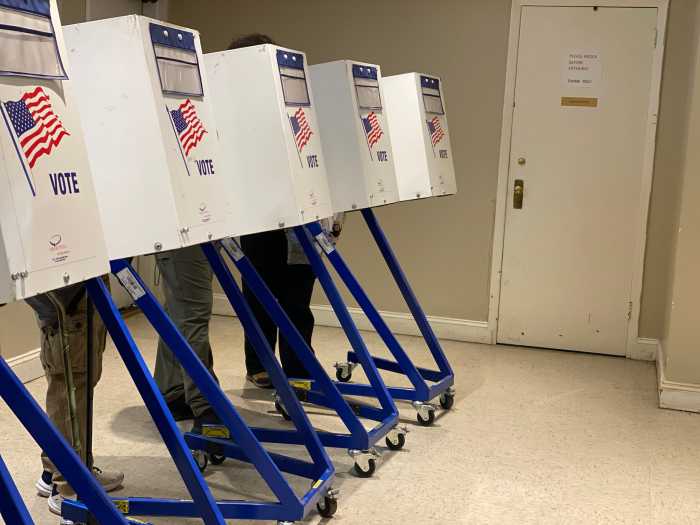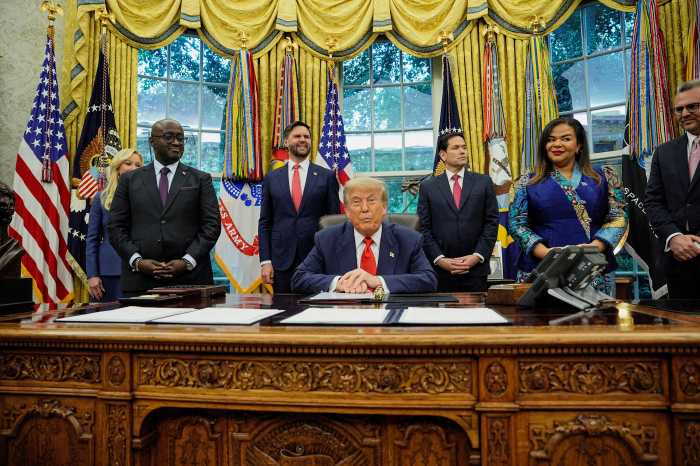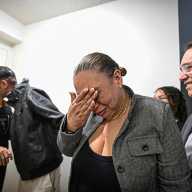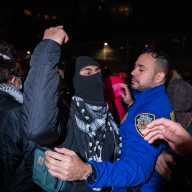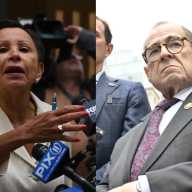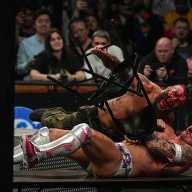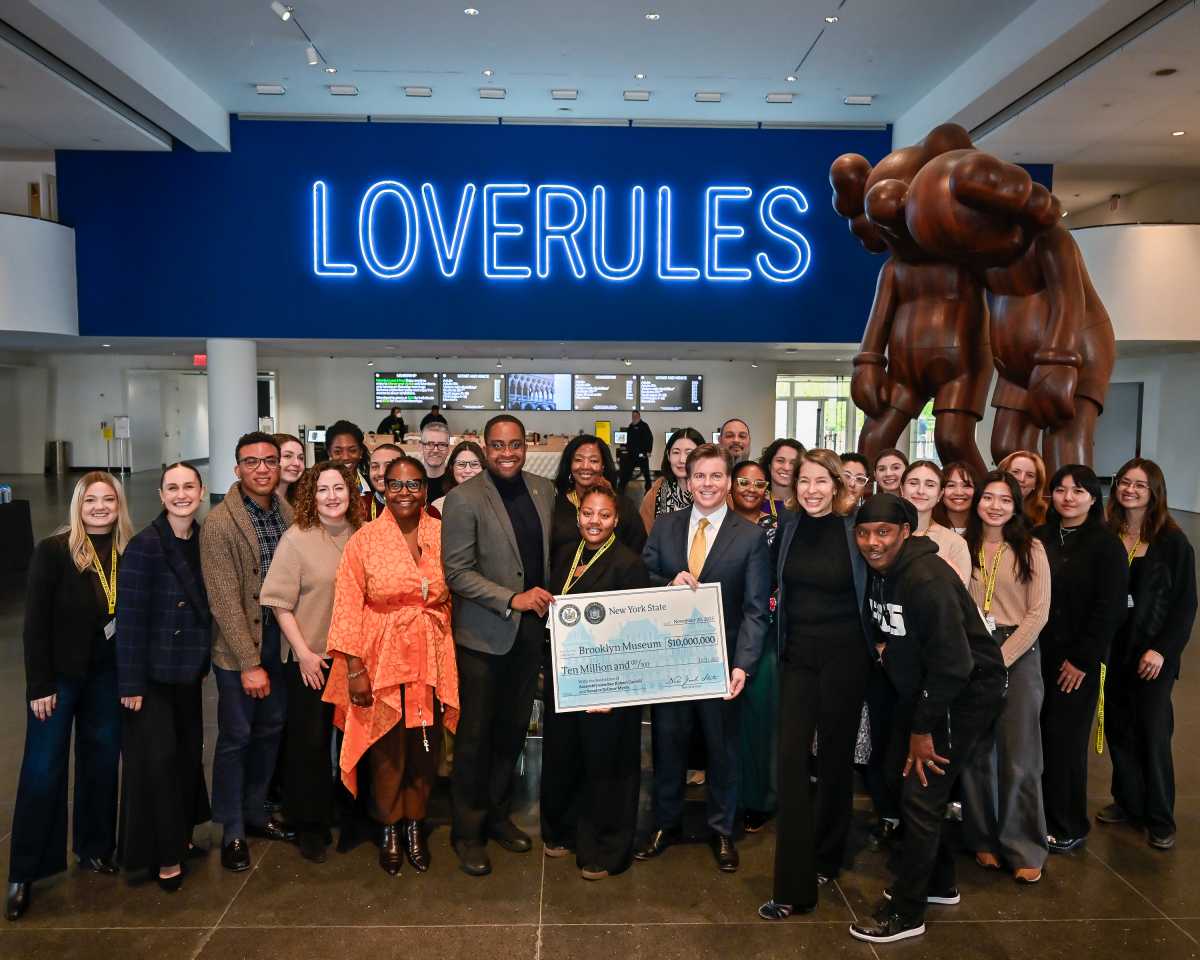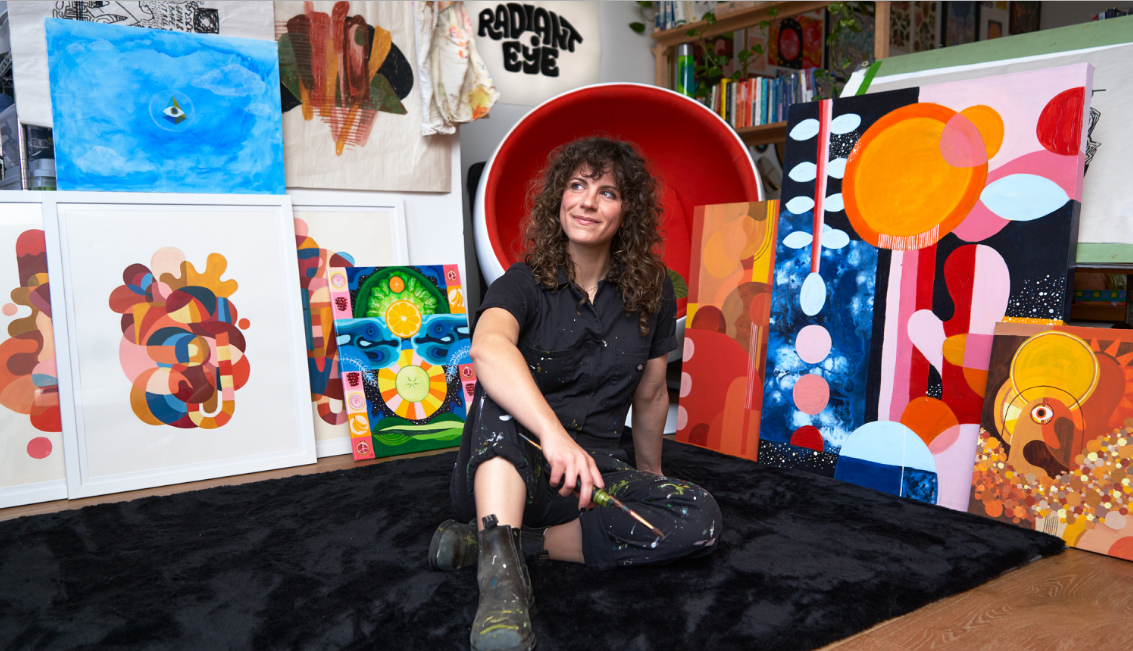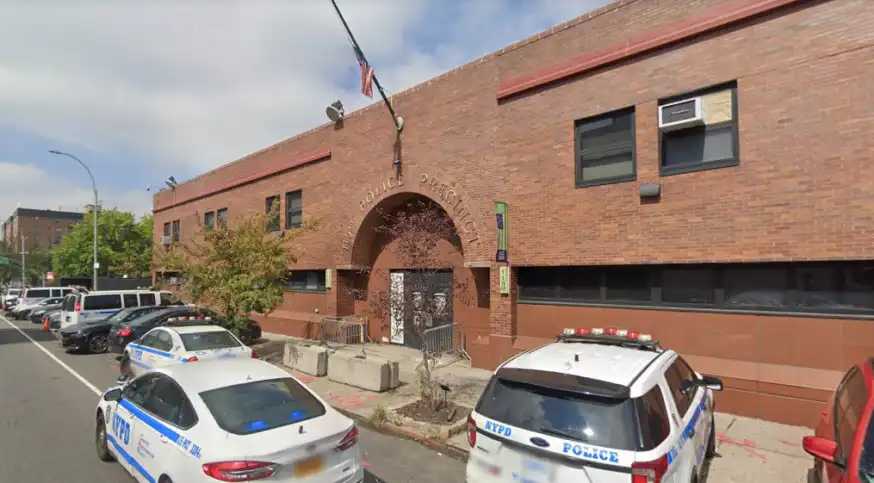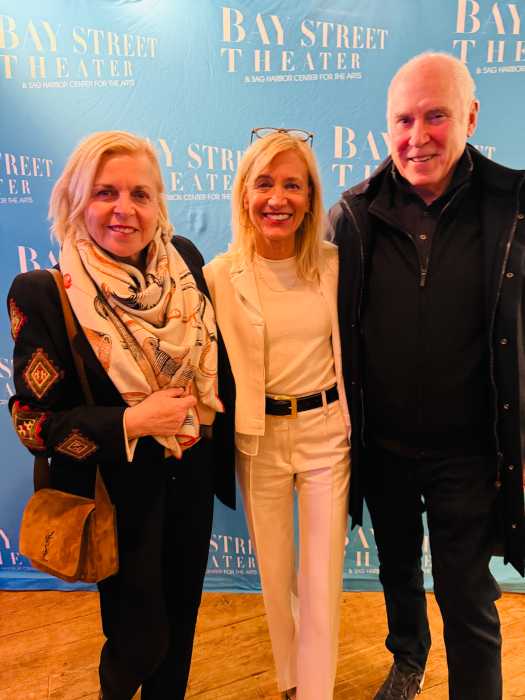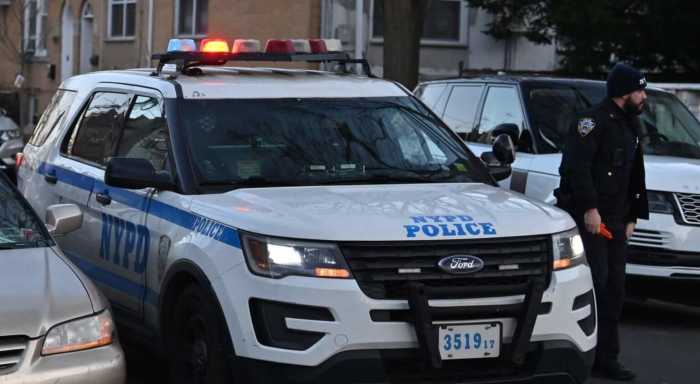
Let’s not mince words. Jona Rechnitz is a poster boy for anti-Semitism.
Many in a Manhattan federal courtroom last week — composed largely of Orthodox Jews, judging from the yarmulkes they wore — expressed both anger and disdain toward him. A young man gestured with his middle finger when Rechnitz’s picture appeared on a screen as he testified.
The real estate investor, 34, has pleaded guilty to fraud charges. Last week, he testified as a government witness in the bribery trial of Norman Seabrook, the former head of the corrections union, and a co-defendant, hedge-funder Murray Huberfeld. Rechnitz described how he corrupted Seabrook, the top levels of the NYPD and arguably Mayor Bill de Blasio. The mayor has denied wrongdoing.
Rechnitz said he came from wealth and “privilege” in Los Angeles, and that his goals in life were money and “status.” To be a “macher” — Yiddish for big shot — “in the Orthodox Jewish community.”
First, he used his father’s and his in-laws’ wealth and connections. In NYC, he befriended Jeremy Reichberg, a Hasidic man from Borough Park, who together with Rechnitz, was charged with bribing police officials with trips and prostitutes.
Reichberg introduced Rechnitz to then-NYPD Deputy Chief Michael Harrington, who has been charged in the corruption probe. Harrington introduced him to his boss, then-Chief of Department Philip Banks, who was investigated but not indicted. Banks introduced Rechnitz to Seabrook, who was charged with accepting $60,000 in cash from Rechnitz to invest $20 million in union funds with hedge-funder Murray Huberfeld.
Rechnitz conflated his actions with the idea that he was serving the Jewish community. He testified he paid for an Israel trip for Banks because, “I didn’t think he had the right view of Israel.” And he got Seabrook to arrange a $200,000 donation to the Simon Wiesenthal Center in Los Angeles.
In arranging Seabrook’s investment with Huberfeld, Rechnitz testified he did not take a fee as the middleman. He said he did that so Huberfeld “would owe me and do something for me.” Instead, he said he paid Seabrook $60,000 in cash from his safe, a payment he said Huberfeld authorized.
Huberfeld denies paying the money. Seabrook denies receiving it. A jury will decide who’s telling the truth.
